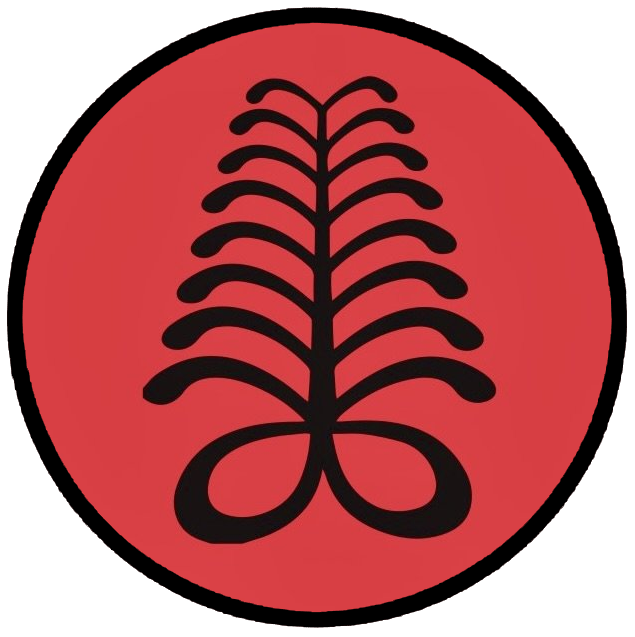How To Structure Your Off Season in 2020 - by Marilyn Chychota
1. After such a funky year with little to no racing and training being impacted in so many ways, what's your overall advice to athletes when it comes to structuring their off season this year?
This really depends on what their strategy has been throughout this year. If you’re an athlete who has gone through the year with training blocks to continue to work and improve regardless of races and continued with high load training, then I recommend having a more traditional end of season break. However, a lot of athletes have been on a reduced load type program or quite a bit less structure and a lot more freedom to explore other things throughout this year. In that case, I think that at the end of the season, the athlete should be looking at where their target dates are throughout 2021 and build training blocks backwards from there. It’s time to get back to work!
2. What are the key differences between this year's off season and "typical" years? What would you suggest athletes do differently and why?
In a typical year, we would have had a lot more travel and race stresses. This year, that has been eliminated. However, other life stress might be higher.. It’s important to consider an athlete's overall fitness, fatigue and freshness at this point in 2021. That is going to vary a lot depending on what your strategy has been throughout the season. Planning forward is always based on what you have currently done in the last 12-20 weeks and where your target dates are that you need to be in best form. It also is dependent on how each athlete responds to training blocks and where their strengths and weaknesses are.
3. With racing still unknown in 2021, how do you plan to structure your athletes' training through the winter into the spring? What does periodization look like for this time for you and your athletes?
Looking at 2021, I think based on the fact that smaller races are already starting to come back, we can look towards events that are goals and targets. Although we’re unsure on some events, it is clear that certain events are coming back already. Based on that, I think we need to adapt our racing strategy to the new systems that might be in place and be prepared to go fast however the racing might look, in terms of new structures and format.
4. What have you found to be successful in terms of keeping athletes fit, fresh, and motivated so far this year?
I've found being more flexible than a typical season has been key, but athletes still need to be connected to their true passion and roots.
Through the season, it has been really important to keep short-term goals and small blocks towards improvement-based targets for athletes.
As a coach, each one of these short-term process targets are an improvement towards the big picture. But it allows the athlete to focus in smaller chunks and see little check-off improvements along the way.
Communication is always the foundation. In difficult times, strong athlete/coach communication will give you the opportunity to work on constant improvement as an athlete and person overall.
